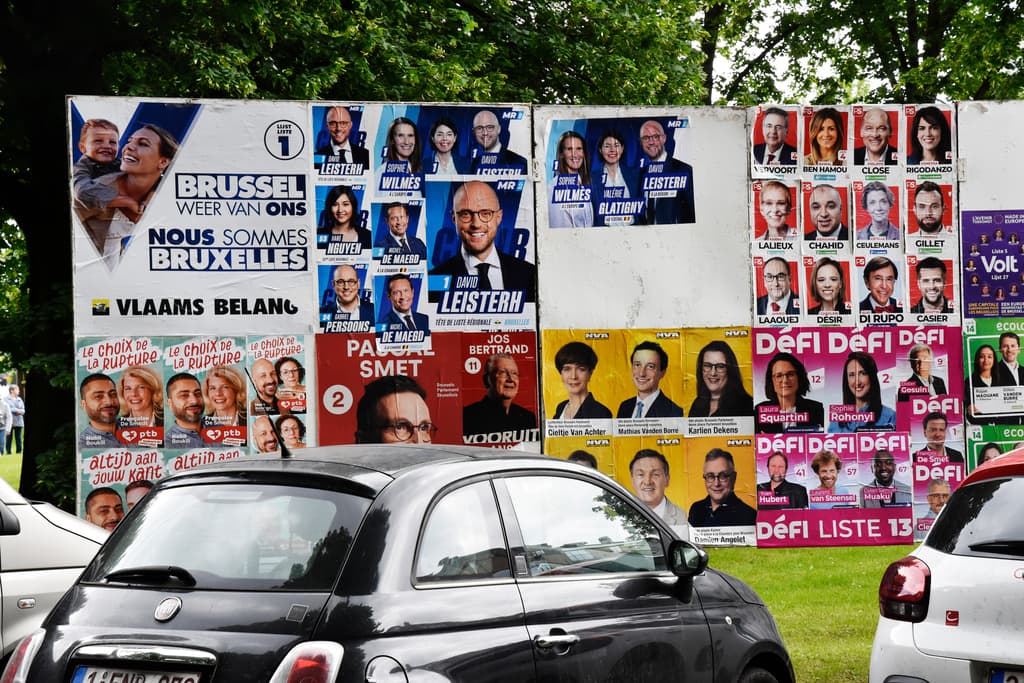Belgium will celebrate 200 years of independence in six years' time – if the country still exists.
After this weekend's election, the next prime minister could be a Flemish separatist.
The successes of anti-Islam politician Geert Wilders in the Netherlands are being repeated south of the border. In Belgium's parliamentary election on Sunday, the strongly anti-immigration far-right party Vlaams Belang is expected to become the largest – not just in the Flemish region but throughout the country.
The French-speaking Wallonia is not at all interested in a split. Instead, the left-wing party PTB is expected to make significant gains there.
The growing extremism will make it difficult to form a government. Belgium is used to having very broad coalitions to get a majority. This time, Flanders' second-largest separatist party, NVA, will likely have to play a major role in forming a government.
Perhaps NVA leader Bart De Wever could even become the new prime minister – especially since his party is now toning down its old demands for independence.
Belgium is linguistically and politically divided between the Dutch-speaking Flanders in the north and the French-speaking Wallonia in the south. Almost all political parties are regional rather than national, which means there is a liberal party in Flanders (VLD) and one in Wallonia (MR), and so on.
In the national parliament, there are 87 members from Flanders, 48 from Wallonia, and 15 from the multilingual capital region of Brussels. The current government is a seven-party coalition of liberals, social democrats, and environmental parties from both sides, as well as the Flemish Christian Democrats.
Sunday – parallel to the EU election – Belgium is holding elections for both the national parliament and regional councils in Flanders, Wallonia, and Brussels.






